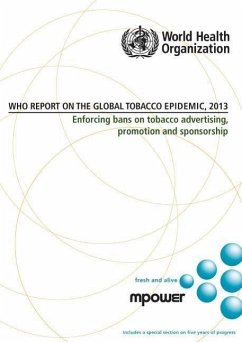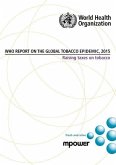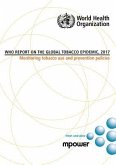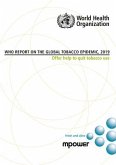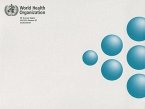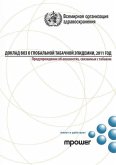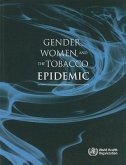This report, WHO's fourth in the series, provides a country-level examination of the global tobacco epidemic and identifies countries that have applied selected measures for reducing tobacco use. Five years ago, WHO introduced the MPOWER measures as a practical, cost-effective way to scale up implementation of specific provisions of the WHO FCTC on the ground. This report focuses on enforcing bans on tobacco advertising, promotion and sponsorship (TAPS). TAPS bans are one of the most powerful tools that countries can put in place to protect their populations. In the past two years, impressive progress has been made. The population covered by a TAPS ban has more than doubled, increasing by almost 400 million people. Demonstrating that such measures are not limited to high-income countries, 99% of the people newly covered live in low- and middle-income countries. This and future editions of this report are key components of the global tobacco control fight, measuring how much has been achieved and identifying places where more work must be done.
Hinweis: Dieser Artikel kann nur an eine deutsche Lieferadresse ausgeliefert werden.
Hinweis: Dieser Artikel kann nur an eine deutsche Lieferadresse ausgeliefert werden.

